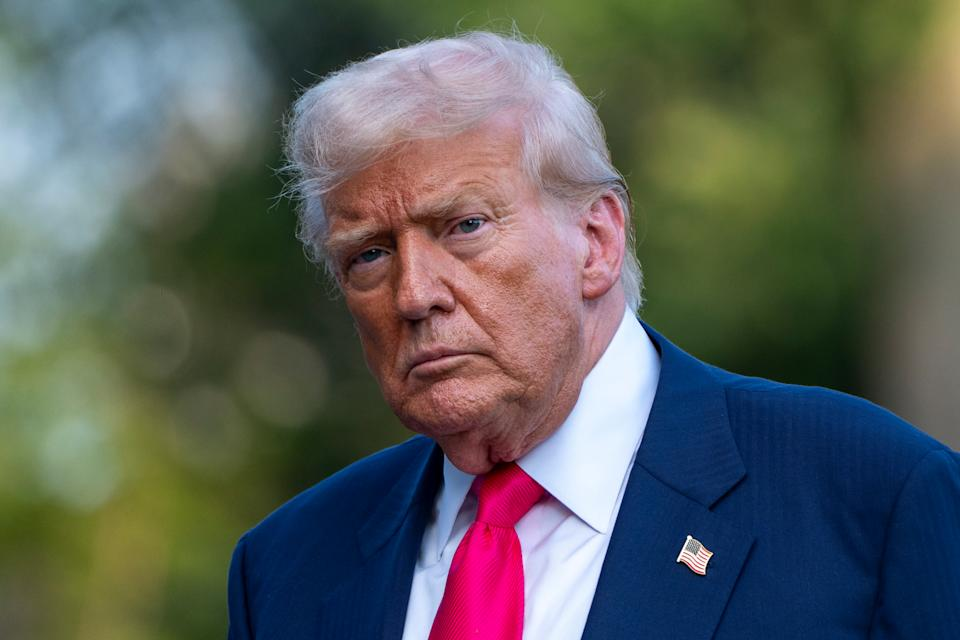
France Adds Support for Using Most-Potent Trade Tool on US
Key Points
- EU Response to US Tariffs: A growing number of EU member states, led by France, are pushing to use the EU's anti-coercion instrument (ACI) as a retaliatory measure if no agreement is reached with the US by August 1 and Donald Trump imposes threatened 30% tariffs on EU exports.**
- Potential Retaliatory Measures: The ACI could enable the EU to impose new taxes on US tech giants, restrict US investments, limit market access, or bar US firms from public contracts in Europe, potentially escalating a transatlantic trade war.**
- Negotiations Continue: Despite Trump's tariff threats, EU and US officials are engaged in ongoing talks, with EU trade chief Maros Sefcovic heading to Washington for further discussions, aiming for a negotiated outcome.**
- EU Caution on ACI Use: The European Commission, led by Ursula von der Leyen, considers the use of the ACI premature, emphasizing that it is reserved for extraordinary situations, while preferring proportional countermeasures and dialogue.**
Summary
A Bloomberg article highlights escalating trade tensions between the EU and the US as Donald Trump threatens 30% tariffs on EU exports by August 1, alongside existing duties on cars, steel, and aluminum. In response, a French-led coalition of over half a dozen EU member states advocates for deploying the anti-coercion instrument (ACI), a powerful trade tool that could impose retaliatory measures like taxes on US tech giants or restrictions on investments and market access. While negotiations continue, with EU trade chief Maros Sefcovic traveling to Washington, the European Commission deems ACI use premature, favoring dialogue and proportional countermeasures. French Minister Benjamin Haddad stresses the need for strength and unity in negotiations, warning of a potential transatlantic trade war if the ACI is activated. Despite Trump's escalating rhetoric, including threats on pharmaceuticals, EU officials remain focused on reaching a deal, previously hoping for a framework with a reduced 10% levy on most exports. The ACI, designed as a deterrent against coercive trade actions, reflects the EU's bolstered trade defenses post previous US tariffs and actions like China’s restrictions on Lithuania.
yahoo
July 16, 2025
Stocks


